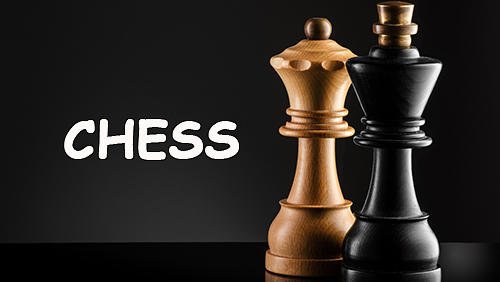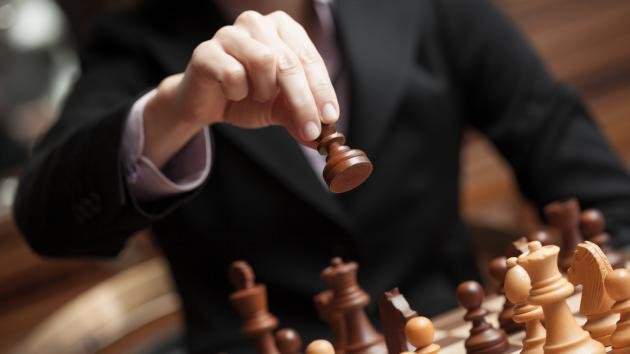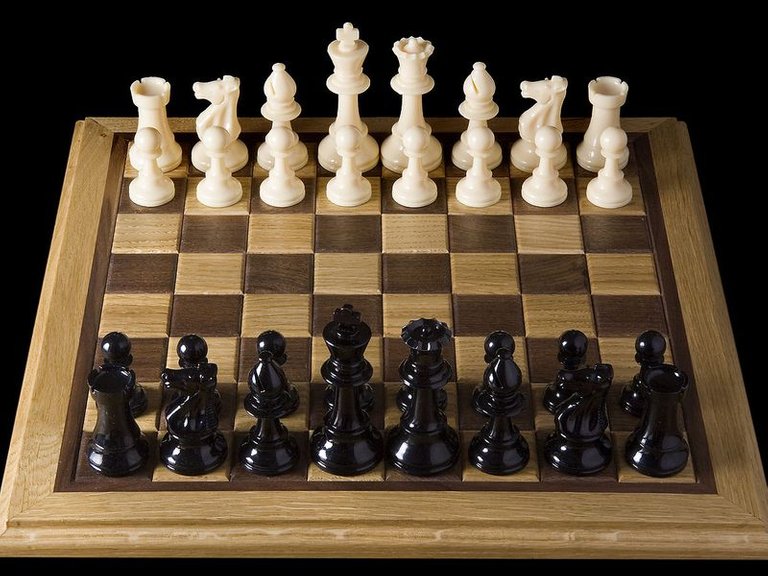
Chess is a 64-square board game.
It is a game whose history goes as far back as the 15th century.
It has often been a game most re-known world strategist indulged in, not necessarily for fun as it has been seen to be effective in war strategies.
Chess is a game of two persons, each with sixteen pieces; two knights, two bishops, two castles, one queen, one king and eight pawns. The most powerful being the queen and the least powerful is the pawn.
The objective of the game is simply to checkmate the opponent's king by placing it under an inescapable threat of capture. The modern pieces assumed their power from Spain in the late fifteenth century.

Indulging in the game of chess doesn’t just serve as a means of leisure.
Here are ten health benefits of the game.
Chess players are likely to have a better memory than those who do not play.
Chess players are better are planning and executing functions.
Chess actively engages the executive centres of the brain and protects against Alzheimer's disease.
Engaging in chess can treat schizophrenia.
Playing chess actively engages the mind and prevents depression. Those who play chess are less likely to suffer from depression.
Participating in chess helps to improve self-esteem and confidence.
It creates better problem solving skills.
It helps to promote the growth of new synapses in the brain for faster and sharper execution of action with memory recall.
Chess exercises both sides of the brain
The game of chess creates room for better interaction skills. It prevents anti-social behaviours and reduces the tendency of delinquency.

images courtesy of chess.com, smithsonian magazine and mob.org
read up the "Health benefits of sports by @dan-echems.
Nice one baba, pls follow back @mossydaro and upvote your boy too.
Hello! I find your post valuable for the wafrica community! Thanks for the great post! @wafrica is now following you! ALWAYs follow @wafrica and use the wafrica tag!